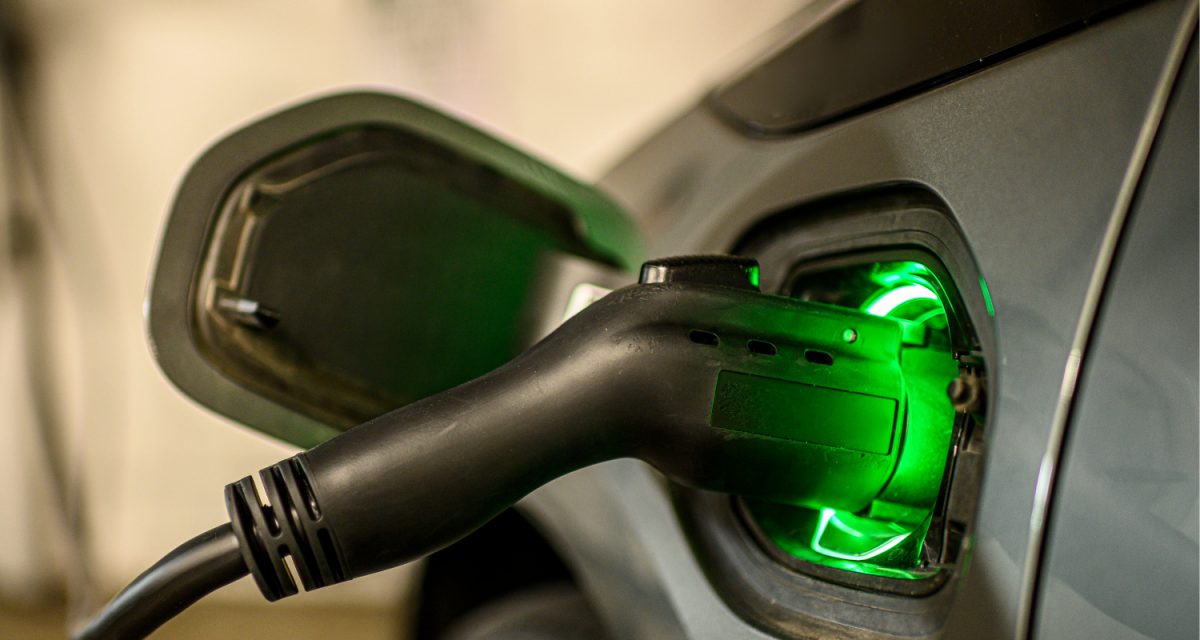
In response to the recommendations laid out in the House of Lords Environment and Climate Change Committee’s report titled ‘EV strategy: rapid recharge needed’, the government last Friday (April 19) issued its response, dismissing the suggestion of introducing price incentives for electric vehicles (EVs).
The report, published back in February, highlighted several key obstacles in the transition to EVs and proposed various measures to address them. However, the government’s stance on implementing price incentives has drawn criticism, particularly from industry leaders who argue that such incentives are crucial for stimulating EV adoption.
Sue Robinson, Chief Executive of the National Franchised Dealers Association, expressed disappointment with the government’s decision, stating that it comes at a time when concerns are growing over the stagnation of the EV market. Robinson emphasised the importance of addressing private demand, which has been trailing behind fleet sales for several months.
While welcoming the Committee’s recommendations, the government pointed to the Zero Emission Vehicle (ZEV) mandate as a pivotal policy to drive EV uptake. This mandates that 80% of new cars and 70% of new vans sold in Great Britain must be zero-emission by 2030, with a further push towards 100% by 2035.
However, the government explicitly disagreed with certain recommendations from the Committee, including the proposal to explore targeted grants to incentivize EV purchases. Additionally, it rejected the suggestion to equalise the VAT differential on public charging, maintaining the current rate of 20% compared to the 5% rate for domestic chargers.
Sue Robinson reiterated the NFDA’s calls for government support in facilitating the transition to electric mobility, stressing the importance of price incentives and harmonising VAT rates for public and domestic charging. Despite the UK’s ambitious climate commitments, she highlighted the lack of substantial incentives and urged the government to reconsider its stance in collaboration with industry stakeholders to achieve optimal outcomes for both dealers and consumers.
